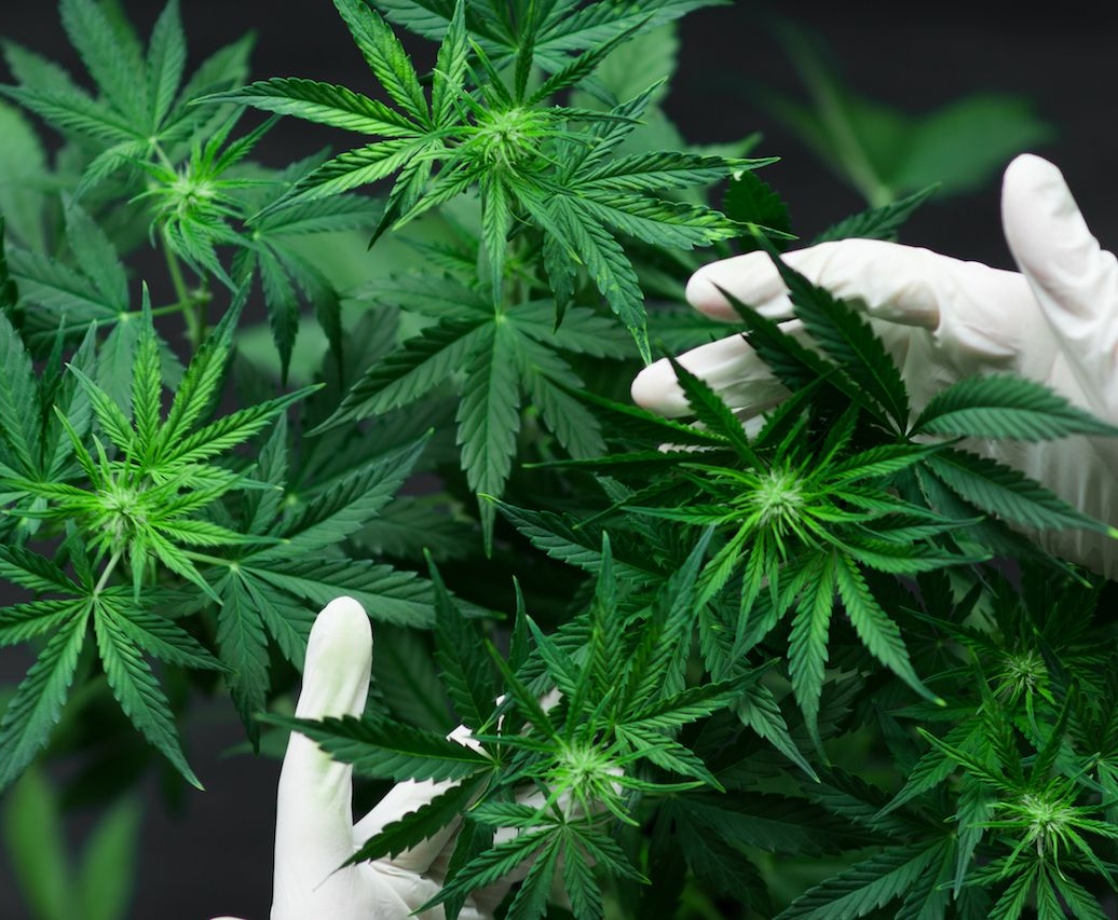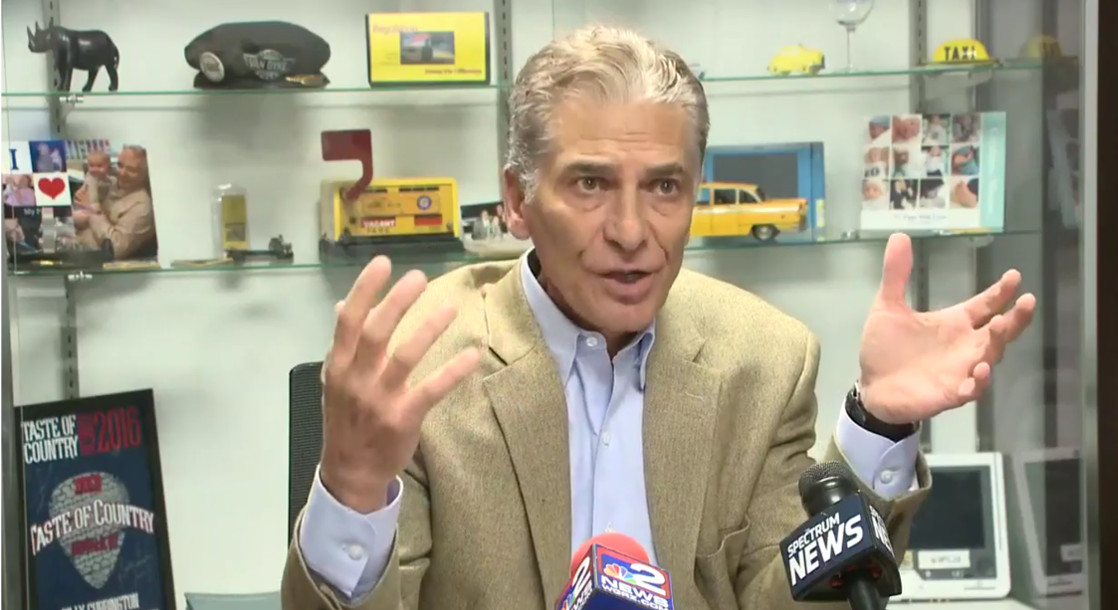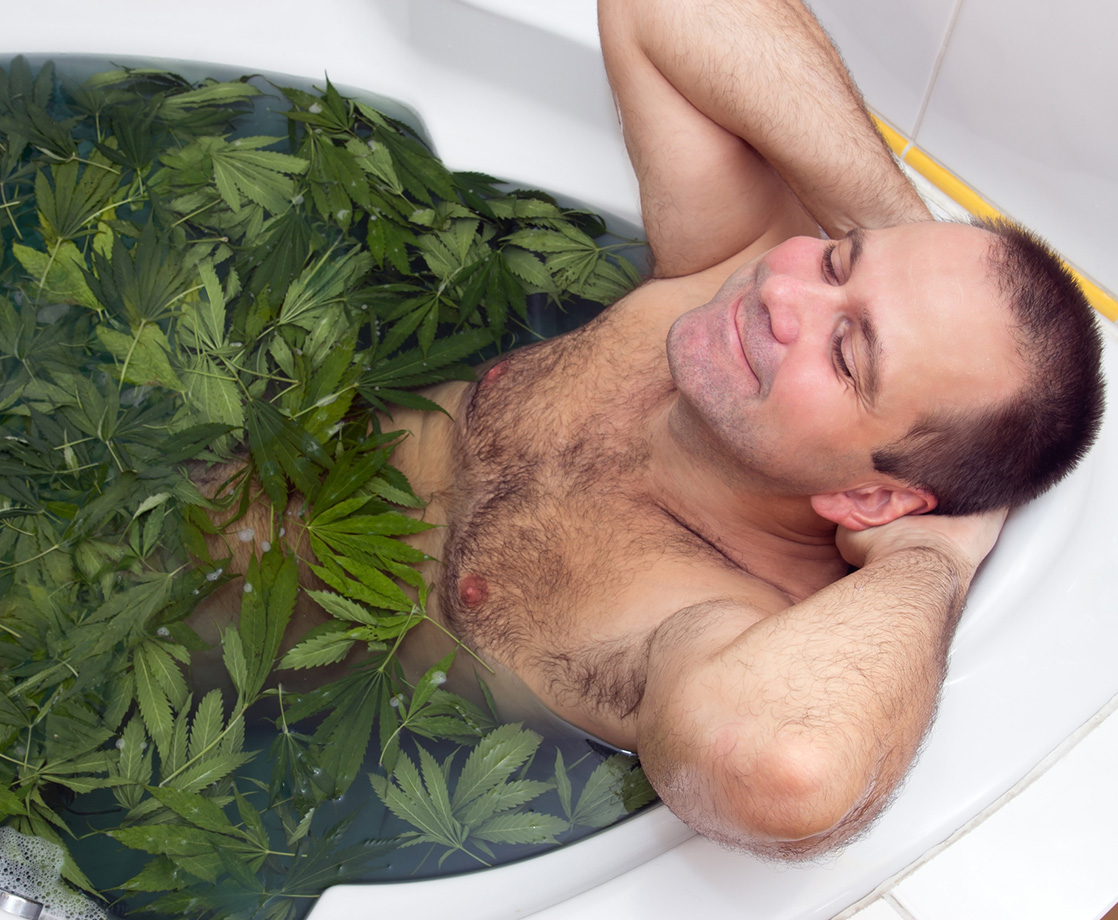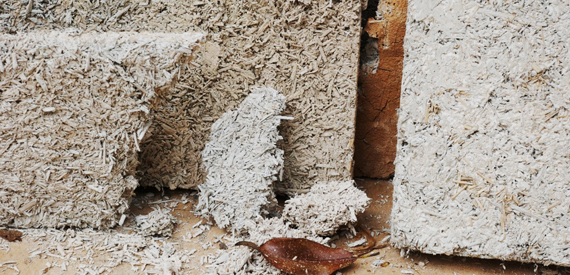As the rest of Southeast Asia continues to impose extremely restrictive cannabis prohibition laws, Thailand’s medical marijuana program is growing by leaps and bounds. This Monday, the Thai government announced that it was removing low-THC cannabis and hemp extracts from its list of banned narcotic substances.
All forms of cannabis were previously classified as Category 5 narcotics under the country’s Measure for Suppressing Narcotic Offenders Act. Anyone caught in possession of weed or any other Category 5 drug is subject to a fine of up to 1.5 million baht ($48,954) and up to 15 years in jail. But the government has finally removed pure CBD oils, CBD-infused products, and other cannabis products containing less than 0.2 percent THC from Category 5. Hemp seeds and oils have also been removed from this classification.
“The intention is to allow extracts to be used in medicine, cosmetics, and food, and support hemp as a cash crop,” said Tares Krassanairawiwong, Secretary-General of the Thai Food and Drug Administration, according to Forbes. At present, only hospitals and research facilities can apply for licenses to develop their own medical cannabis extracts, but local businesses are expecting to get in on the game, as well.
For the next five years, the government will limit all cannabis production, cultivation, and sales to licensed Thai producers in order to ensure that the domestic industry can become robust enough to compete with large foreign cannabis firms. These licenses are not yet available, but government officials are currently drafting regulations to cover the application process. Officials, however, have granted 334 permits to hospitals and health agencies allowing them to dispense medical marijuana products.
Bangkok-based venture capital fund company Expara is working to raise $30 million to invest in cannabis-related technology by the end of this year. Expara’s managing director Douglas Abrams told Reuters that he thinks this new “change in the regulatory environment is a leading indicator of fast growth in this new industry.”
Although still quite limited in scope, Thailand’s medical marijuana program has expanded rapidly in a very short period of time. Thai legislators voted to legalize the use of low-THC cannabis oils last December, and by this August, health officials had already shipped 10,000 bottles of full-extract cannabis oil to hospitals across the country. Doctors are already administering this medicine to 4,000 registered patients suffering from chronic pain, seizure disorders, Alzheimer’s, and other ailments.











